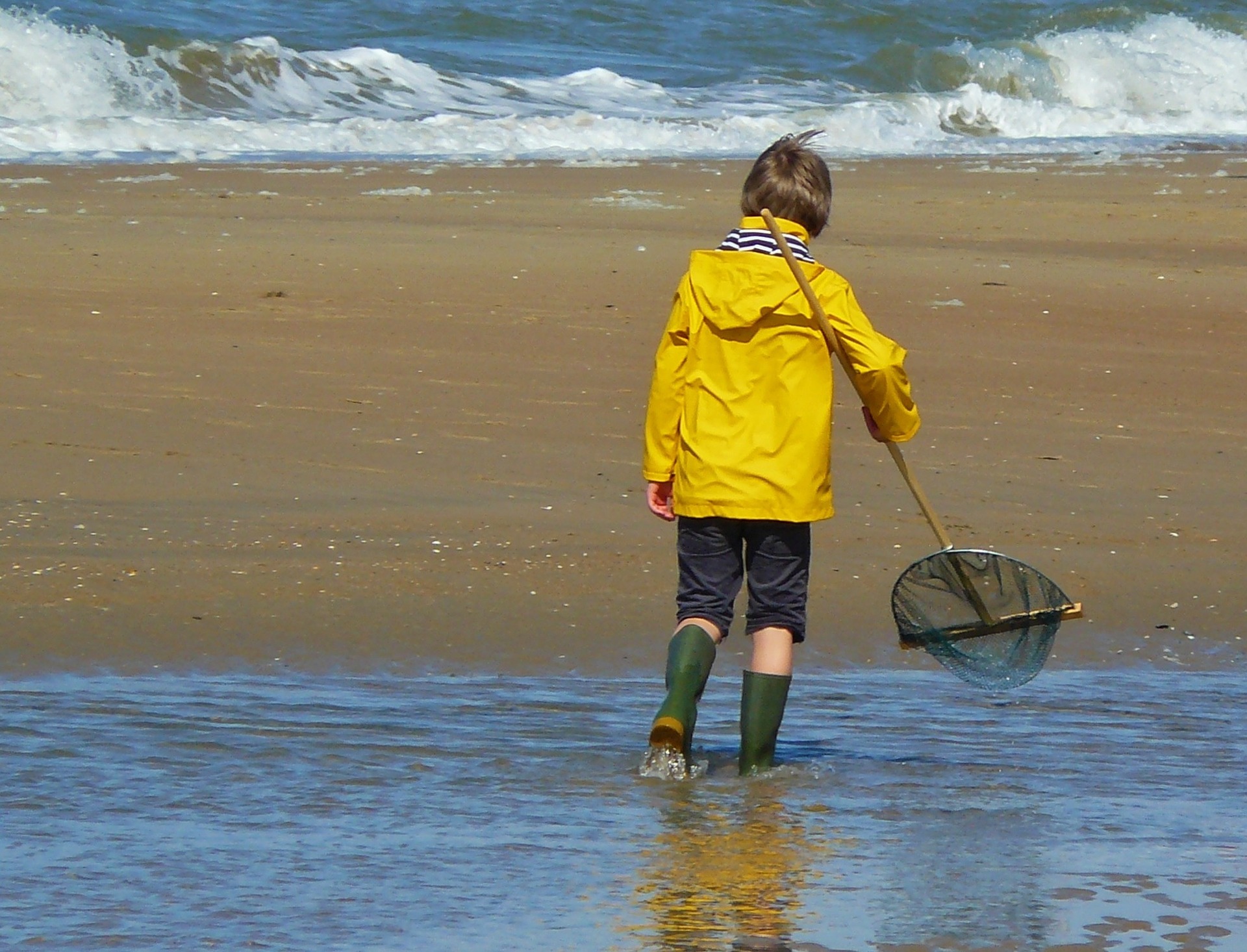About
Play Therapy
What is play therapy
Play therapy offers a safe space for clients to explore their thoughts, feelings and behaviours free from judgement. Children and young people experiencing a range of difficulties including (but not solely); low mood, bereavement, parental separation, behavioural difficulties, domestic violence, ADHD, Autism, domestic violence, bullying, mental health difficulties, trauma, anger, anxiety/worry, physical ill-health, abuse and emotional dysregulation amongst others.
At Lily Pad we believe that everyone has the capacity to resolve their own difficulties but some may need additional support and guidance in working through life events, emotions and challenges. Play therapy works on the premise that a client does not need to talk. It is primarily a non-directive intervention, meaning the client leads the sessions, the pace and the content of the sessions. Play therapy uses a range of tools called a ‘tool kit’ including sand, art, puppets, music and drama with the client able to choose a tool and move the different tools available as needed.
The tools in the toolkit enable a client to work in the subconscious. Often a client will find the nature of play therapy means they are unaware of ‘how’ the process has helped but become aware of changes in their thoughts, feelings and behaviours. Play therapy allows a client space and freedom to explore free from judgement
My Practice
My practice starts from the position of being non-directive (unless there is a specific need for more directive work, agreed before commencing therapy). This allows the client to lead their therapy, set the pace of the intervention and use the tools they feel will most support their needs. Should I feel a client needs some direction or support, I may offer a more directive approach in a session as required, moving back to non-directive, client-led approach as appropriate.
Play therapy principles

Play Therapy is based on 8 principles identified by Virginia Axline. These are:
- The therapist develops a warm and friendly relationship with the client.
- The client is accepted as they are
- The client feels free to express their feelings completely
- The therapist reflects to the client their feelings and expression, allowing them to gain insight into their behaviours.
- The client is given the responsibility for making choices and responsibility for initiating and creating change. The therapist holds the belief that the client has the ability to solve their problems
- The therapist allows the client to lead and works with this to support the client
- The therapist allows the client to move at their own pace through their therapy.
- Limitations are only in place to anchor the therapy to reality
What Should I expect when i come to a session?
Sessions usually take place weekly and will last 40 minutes. The same space is used for each of the sessions with the number of sessions dependent on the need of the client; typically we would start with 12 sessions and review accordingly. Sessions take place at the same time weekly.
As you come into the therapy room, the space is yours. I will support you and facilitate as I identify is needed. You will have the free choice of the tools in the room (unless directive work has been requested). I will let you know when there is 10 minutes, 1 minute and 10 seconds of the session remaining to support you finishing the session on time.
will you tell anyone about what i do?
No. Your sessions are confidential as with other forms of therapy. I may need to talk to others who know you well about your progress, how well you are doing, but not your process, what it is you are doing.
If I am worried that you or someone else is being hurt, or might be hurt I will have to tell someone about this to help keep you or the other person safe. I will tell you before I do this and when we start working together I will tell you who that person is. It might be that our work together has to pause or stop if this happens as it is most important you are kept safe.

WHO ARE PTUK?
Play therapy UK are the first Play Therapy organisation in the world to be registered with the Professional Standards Authority (PSA) who regulate Health and Social Care organisations through their register. In the UK there are two play therapy regulating bodies, PTUK and BAPT (British Association of Play Therapists). PTUK make sure I practice in a safe manner and that I have all the right training and supervision. You can find out more about them on their website – PTUK
